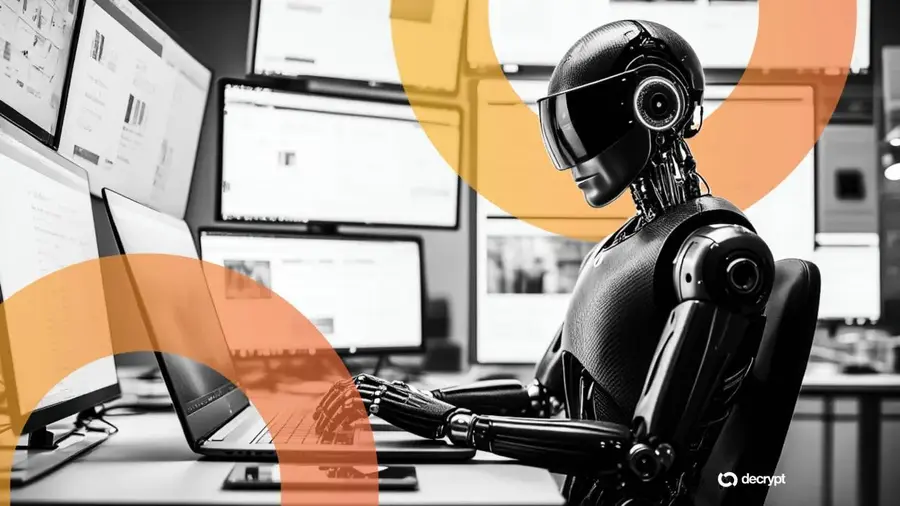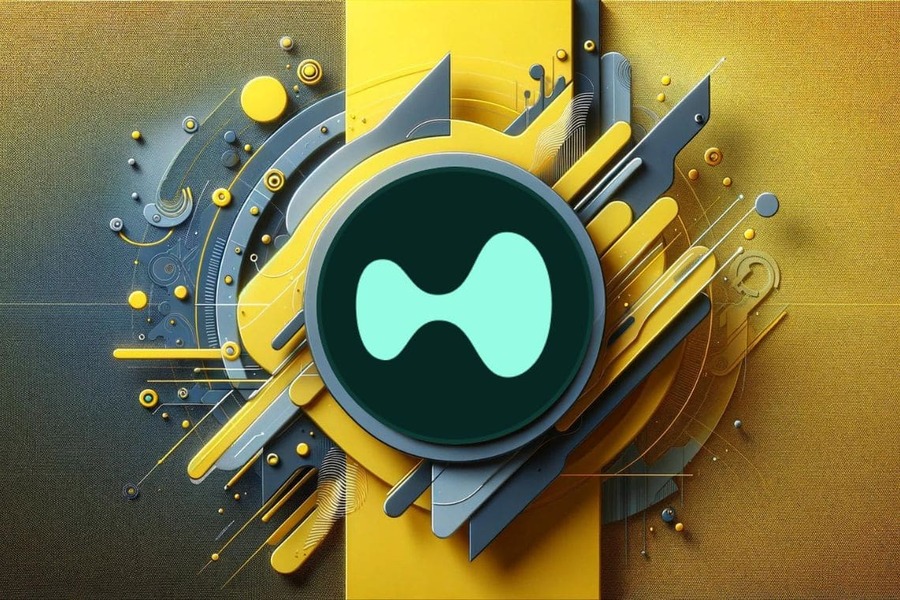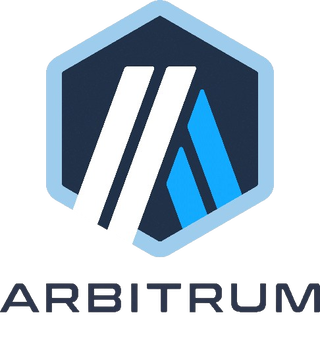AI Titan Could Change How Games Are Tested
Testing video games has always been a slow, repetitive, and expensive part of development. But a new study shows that artificial intelligence might be able to take over much of this work.
Researchers from Zhejiang University and NetEase Fuxi AI Lab have created Titan, an AI system that can test large online role-playing games. Using advanced language model reasoning, Titan can explore game worlds, complete tasks, and find problems.
In tests with two commercial games, Titan finished 95% of its assigned tasks and even discovered four new bugs that human testers had missed. It also worked faster and covered more ground than humans.
Game testing usually costs studios millions of dollars and takes months to finish. The global game testing market is expected to reach $5.8 billion by 2032, according to Dataintello. Titan’s success suggests AI could reduce these costs and speed up the process.
The researchers designed Titan to act like expert human testers:
- Understand the game state
- Pick useful actions
- Track progress
- Diagnose problems
Titan uses a “perception module” to turn complex game information into text so it can reason about objectives. It also reviews screenshots to check its own progress and fix mistakes.
This work highlights a bigger trend: AI is becoming a key part of game development. A recent Google Cloud survey found that almost 90% of developers already use AI tools. Industry leaders warn that studios ignoring AI could fall behind.
Still, the researchers note that human testers remain important. They worked with professionals to create templates that guide Titan, focusing on essential data like player location, goals, and health, while ignoring unnecessary details.















































